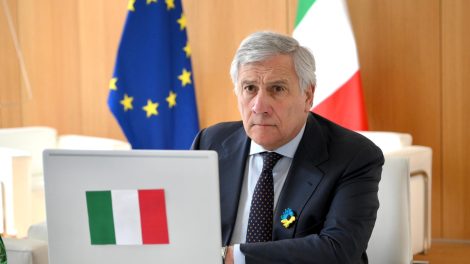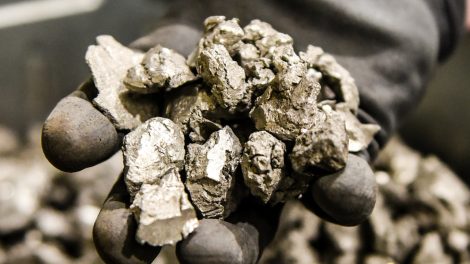Pirelli’s great day at the stock market. The Italian tyre maker’s index rose as much as 4% on Tuesday morning, nearing an all-year high and outperforming all other listings at the Milan stock exchange, after former CEO and major stakeholder Marco Tronchetti Provera announced he would increase his indirect stake in the strategic company from 14% to well over 20%.
- The move reinforces the role of his investment vehicle MTP and Camfin, which he leads, “as stable shareholders,” and “reaffirms their trust and commitment to supporting Pirelli’s industrial projects,” reads an official note.
An Italian-heavy rebalancing. In line with years-old agreements, MTP achieved control of Longmarch, an investment vehicle previously owned by the Chinese Niu family that controls 3.68% of Pirelli. In parallel, a Camfin subsidiary acquired 2.8% of Pirelli’s capital from a primary operator. As a result, and considering brake maker Brembo’s own 6% stake in the company, Italian investors are now set to hold over 26% of Pirelli’s voting rights.
China in the rear-view mirror. In June, the Italian government exercised its special powers to curb the power of China’s State-controlled Sinochem, which owns 37% of Pirelli, stripping it of the ability to appoint a chief executive and transfer data on proprietary technology – which Rome deems a strategic national asset. With Mr Tronchetti Provera’s latest move, Beijing’s potential control over the company has been reduced further.
- In December, the government officially took Italy out of China’s Belt and Road Initiative, citing never-materialised economic benefits as part of its wider de-risking drive and in keeping with its geopolitical alignment on the Atlanticist front.





